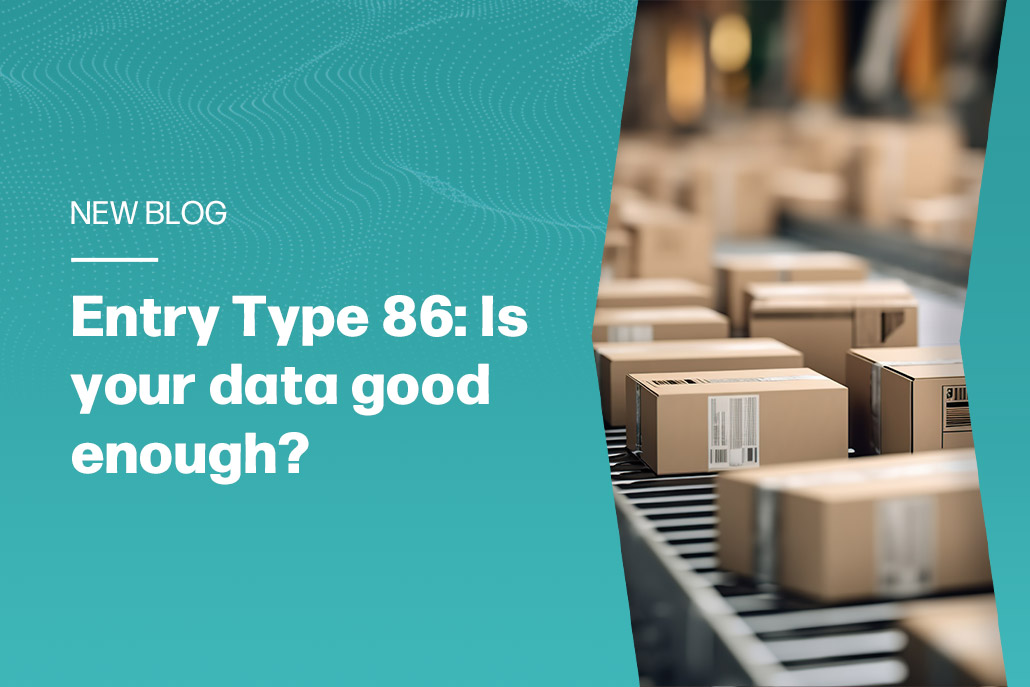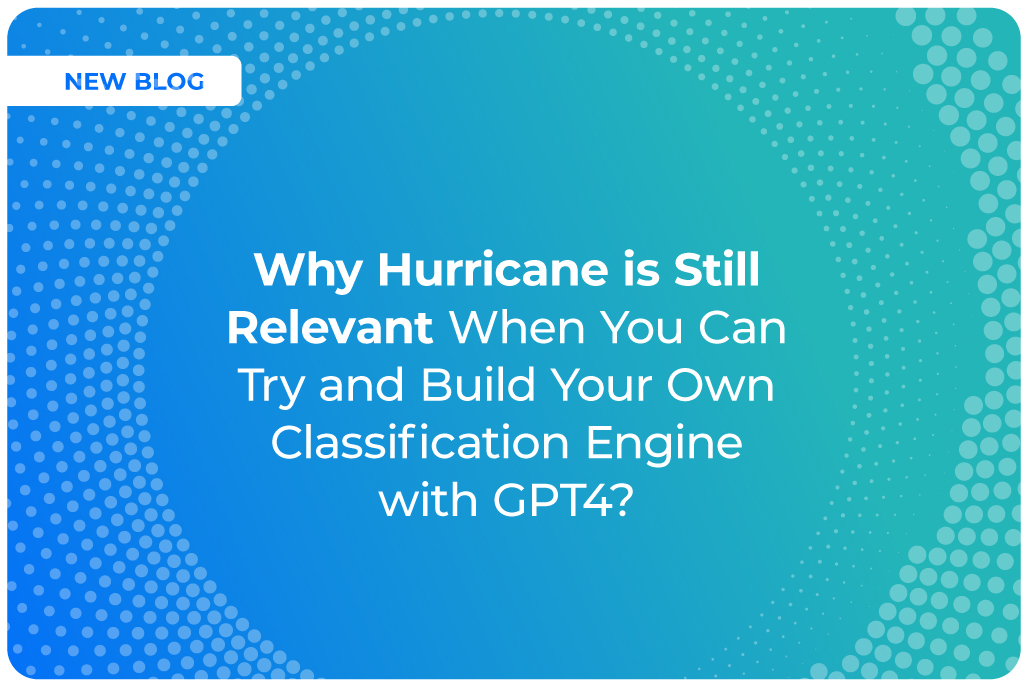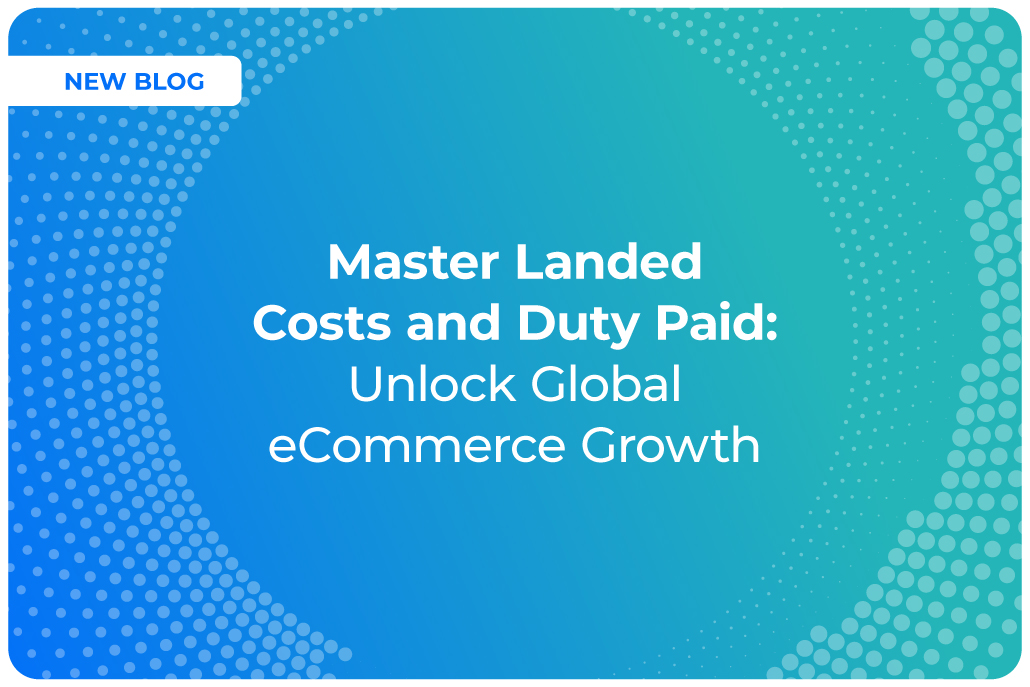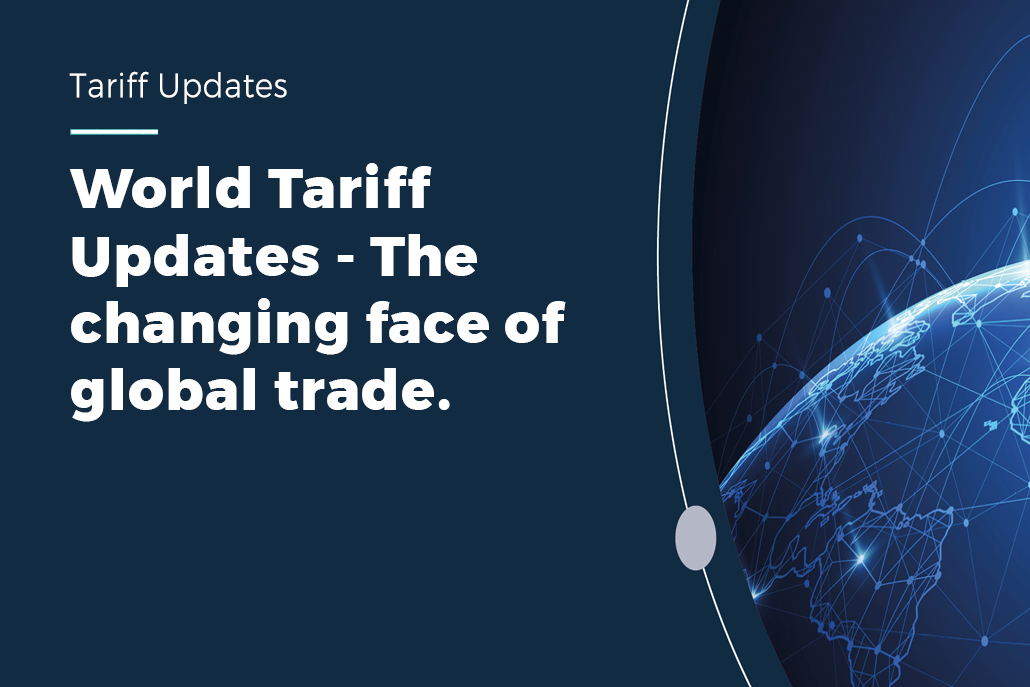US Customs and Border Protection is introducing changes which will impact cross-border eCommerce shipments.
Entry Type 86 is a customs clearance procedure for goods imported into the United States. They are low value shipments imported by one person on one day with a value not more than $800.
As of April 13, CBP was due to begin deploying an update to the Automated Commercial Environment (ACE) that enforces the requirement to file Type 86 transactions prior to or on arrival of the imported cargo, only to be postponed at the last minute.
Once the change is implemented, if filed after the cargo has arrived, the entry will be rejected and the cargo will be held until a separate entry or appropriate entry type is made. The cargo will no longer be eligible for Entry Type 86 clearance.
This change by US CBP has huge implications for customs brokers importing into the US, particularly those handling the ever-growing volumes of goods arriving from the major global eCommerce centres such as China and India.
The update means that to comply, brokers will have to file complete, accurate and timely data sets including full product descriptions and HS codes.
Failure to meet the new Entry Type 86 requirements could result in customs brokers having to manage massive volumes of formal and informal entry clearances, something that is hugely labour intensive and time consuming and ultimately impacting their clients and end consumers.
If misconduct is identified and / or failure to exercise reasonable care in the execution of Type 86, penalties, administrative sanctions and liquidated damages may be imposed under any statutory authority or CBP regulations.
The changes also come at a time when a growing number of brokers, which have traditionally operated in the Business to Business (B2B) space, are moving into Business to Consumer (B2C) to take advantage of the opportunities for growth afforded by the huge volumes of consumer goods being shipped globally.
The other significant change, effective April 1, saw CBP implement nationally cargo messaging to communicate with the entry filer on shipments that have vague, non-compliant cargo descriptions.
Title 19 of the Code of Federal Regulations (CFR) requires a “precise or specific description of the merchandise” being imported. Carriers and other parties electing to file electronic cargo information data to CBP are required to provide a precise description of the cargo.
The update is part of the drive by CBP to “address vague cargo descriptions including, but not limited to, ‘gift’, ‘daily necessities’, ‘accessories’, ‘parts’ and ‘consolidated’, the latter only being acceptable at master bill level.
The CBP says: “Brokers and freight forwarders who self-file House Bills are held to the same standard as carriers and are expected to screen data for compliance with cargo declaration regulations. The entry filer is expected to review the cargo messages for compliance when concerns are identified.”
While this update is not Type 86 titled, it is intended to address many of the issues that have been impacting CBP surrounding Type 86 non-compliant descriptions.
Hurricane’s AI tech has been created to meet these and other compliance challenges facing brokers, forwarders and other parties involved in the cross-border eCommerce supply chain. The global cross-border market is forecast to hit $7.9 trillion by 2030.
Our Zephyr API has been built to handle the huge volumes involved in cross-border eCommerce in which automation is key and where the tech must be highly scalable.
Equally important for brokerage or forwarding service providers is the speed of Zephyr to classify data that matches the description. Just as critical are the status code reports, assisting in flagging poor / unacceptable descriptions and providing the time to research and amend the HS code prior to submission. As most Type 86 entries are consolidations, one error could impact the entire entry.
The data, including status code reports, provided by Hurricane is also vital for our customers’ shipment due diligence and ensuring an auditable trail.
The provision of complete, accurate and timely data is not only about ensuring you are meeting the required compliance standards as a broker or forwarder.
By having the right systems in place, you will also ensure that your own customers are able to gain the benefits of Entry Type 86, notably speeding up the processing time, reducing costs and enhancing security.
- For more information about Hurricane’s AI tech and how it is helping to power a smooth customs flow for our customers globally, contact Laurie Cieciuch, Partnerships Director – North America: laurie.cieciuch@hurricanecommerce.com













